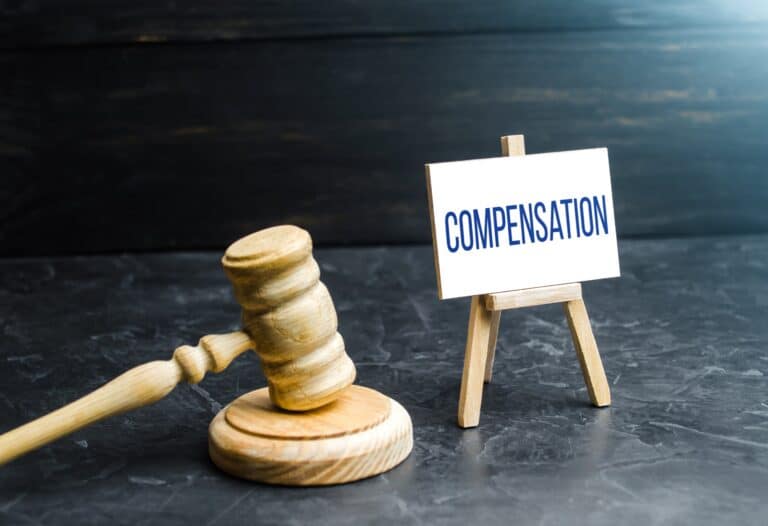
Compensation Available for Victims of Legionnaires’ Disease – Guest Post
Legionnaires’ disease is a fatal pneumonia that is contracted by inhaling Legionella bacteria cultured in infected water systems such as cooling towers, hot tubs, and plumbing systems. Legions’ disease can result in severe medical complications, permanent disability, and death. Neglect victims of Legionnaires’ disease will recover primarily money damages. Reality











Recent Comments